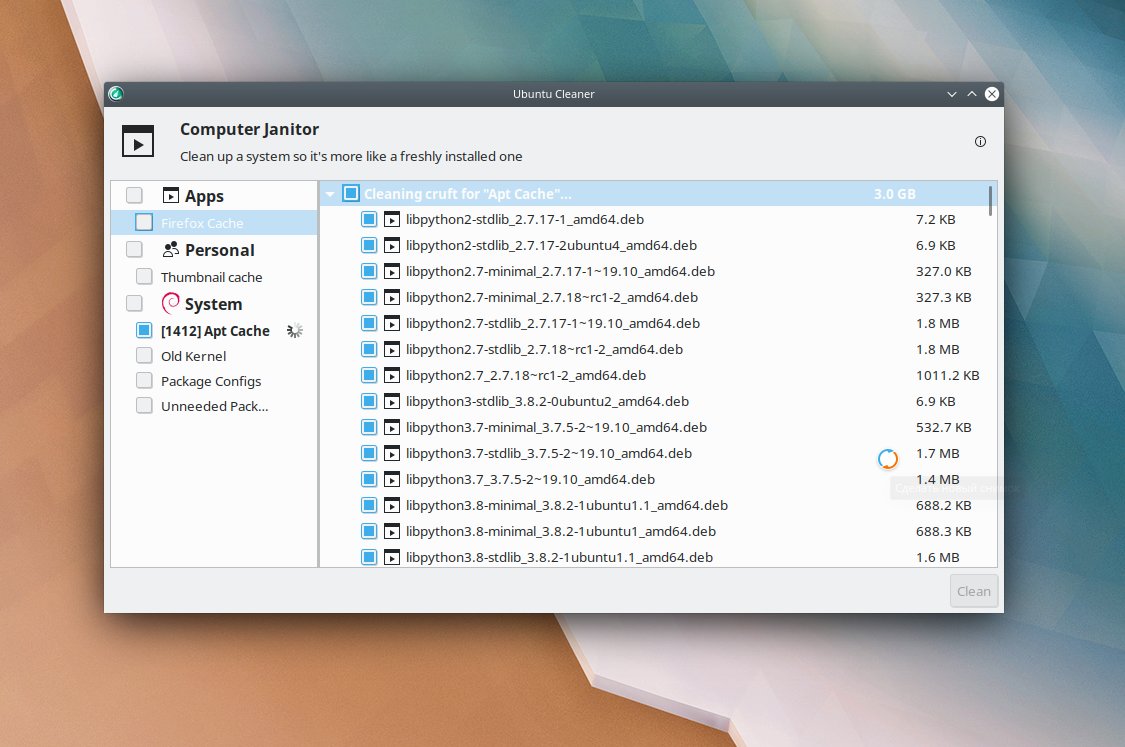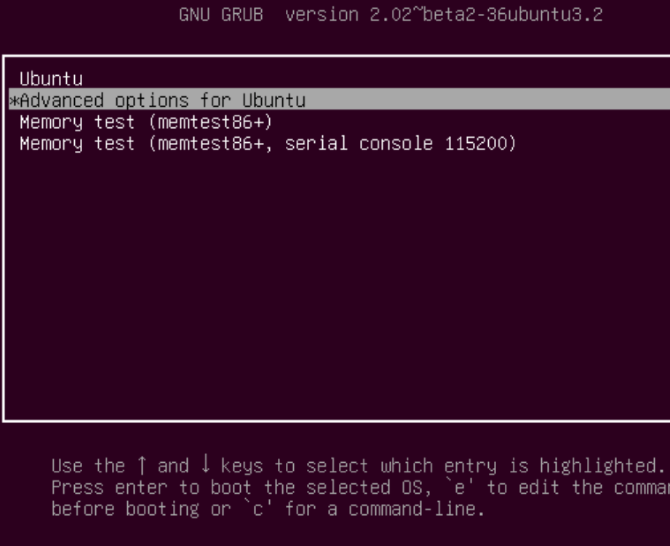Глагол + -ing или инфинитив to . 2: употребление try / need / help
Try to do = пытаться сделать, делать попытку:
- I was very tired. I tried to keep my eyes open, but I couldn’t.
- Please try to be quiet when you come home. Everyone will be asleep.
Try также означает ‘делать что-то в качестве эксперимента или теста’. Например:
- These cakes are delicious. You should try one. (= тебе нужно попробовать, чтобы понять, нравится тебе они или нет)
- We couldn’t find anywhere to stay. We tried every hotel in the town, but they were all full. (= мы заходили в каждую гостиницу, чтобы узнать есть ли у них свободная комната)
Если после try (с этим значением) следует глагол, мы говорим try -ing:
- A: The photocopier doesn’t seem to be working.
B: Try pressing the green button.
(= нажми зеленую кнопку — возможно, это поможет решить проблему)
- I tried to move the table, but it was too heavy. (т.е. я не мог его сдвинуть)
- I didn’t like the way the furniture was arranged, so I tried moving the table to the other side of the room. But it still didn’t look right, so I moved it back again.
I need to do something = это нужно сделать, и это нужно мне:
- I need to take more exercise.
- He needs to work harder if he wants to make progress.
- I don’t need to come to the meeting, do I?
Something needs doing = это необходимо сделать:
- The batteries in the radio need changing. (= батарейки нужно заменить)
- Do you think my jacket needs cleaning? (= . нужно почистить)
- It’s a difficult problem. It needs thinking about very carefully. (= об этом нужно подумать)
Вы можете сказать help to do или help do (с или без to):
- Everybody helped to clean up after the party.
или Everybody helped clean up . - Can you help me to move this table?
или Can you help me move .
I can’t help doing something = я не могу не сделать что-либо:
- I don’t like him, but he has a lot of problems. I can’t help feeling sorry for him.
Мне он не нравится, но у него куча проблем. Всё равно мне его жаль, ничего не могу поделать. - She tried to be serious, but she couldn’t help laughing. (= она не могла остановить свой смех)
- I’m sorry I’m so nervous. I can’t help it. (= я не могу перестать волноваться)
Упражнения
1. Предложите решения, используя try + один из следующих предложений (suggestions):
- — The radio isn’t working. I wonder what’s wrong with it.
- — I can’t open the door. The key won’t turn.
- — The TV picture isn’t very good. What can I do about it?
- — I can’t contact Fred. He’s not at home. What shall I do?
- — I’ve got a terrible headache. I wish it would go.
2. Для каждой картинки напишите предложение с need(s) + один из следующих глаголов:
clean cut empty paint tighten
|
Should, outgh to, must, have to. Exercises-3
Should and ought to
(Someone) should do something = It is a good thing to do or the right thing to do:
Tom should go to bed earlier. He usually goes to bed very late and he’s always tired.
It’s a good film. You should go and see it.
Shouldn’t (or should not) = It’s not a good thing to do. or it’s not the right thing to do:
Tom shouldn’t go to bed so late.
Should = ought to.
Упражнение 1. Поставьте should / should not/ ought to / ought not to.
1. You ______________argue with your father; you___________ obey him.
2. Mothers________________ look after their children.
3. What are you doing here? _____________you be in bed? It is very late.
4. That hat doesn’t suit you; you___________________________ buy it.
5. There are too many accidents. Everyone ___________ be much more careful.
6. The teacher told us that we____________write new words in our notebooks.
7. Tom was often late and his father told him that he _________wake up earlier.
8. She told her children that they__________always say “Please” and “ Thank you”.
9. The old man’s eyes are weak, and he____________ read without glasses.
10 . _______________ I learn the poem by heat?
Must and have to
Use must when you think it is necessary or very important to do something. Must is present or future:
The windows are very dirty. I must clean them.
It’s a fantastic film. You must see it.
I must go to the bank tomorrow.
For the past (yesterday/last week etc.) use had to + infinitive I have to do something = it is necessary for me to do it:
I’ll be late for work tomorrow. I have to go to the dentist.
I was late for work yesterday. I had to go to the dentist.
Упражнение 1. Поставьте данные ниже глаголы и must / have to в нужной форме так, чтобы глаголы грамматически соответствовали содержанию предложений.
Do read tell speak answer borrow learn work go do
see get study wear walk pay help do buy stop
1. My eyes are not very good. I______________________ glasses.
2. At the end of the course, alt the students __________________ a test.
3. Mary is studying literature. She_______________a lot of books.
4. In many countries men________________________ military service.
5. We did an exam yesterday. We __________________ six questions out of ten.
6. It’s late. I__________________now. I’ll see you tomorrow.
7. It ’ s a fantastic film, you____________________________it..
8. _______ we____________ this rules ourselves?
9. He didn’t understand much English, so I__________________very slowly to him.
10. I’m going to bed early tonight. I______________up early tomorrow morning.
11. I have a big problem. You__________________me.
12. George is not often at home. He____________________a lot in his job.
13. You can’t park here for nothing. You____________________________.
14. __________ Ann_________________you what she was going to do?
15. I went to the supermarket after work because I ____________some food.
16. There will be no buses, as it is too late, so we_____________________home.
17. You_______________________ to drive. It’s very useful.
18. Sarah is a nurse. Sometimes she ________________at weekends.
19. I eat too much chocolate. I really_________________________.
20. I didn’t have any money with me, so I____________________some.
Exercise 1 . 1. shouldn’t/ought not to, should/ought to, 2. should/ought to, 3. Shouldn’t, 4. shouldn’t/ought not to, 5. should/ought to, 6. should/ought to, 7. should/ought to, 8. should/ought to, 9. shouldn’t/ought not to, 10. Should.
Exercise 1. 1. have to wear, 2. have to/must do, 3. has to/must read, 4. must/have to do, 5. had to answer, 6. have to/must go, 7. have to/must see, 8. Do we have to/must we study, 9. had to speak, 10. have to/must get, 11. must help, 12. has to/must do, 13. must pay, 14. Did . have to tell, 15. had to buy, 16. will have to walk, 17. must learn, 18. has to/must work, 19. have to/ must stop, 20. had to borrow.
Помогите, пожалуйста, поставить слова в нужную форму, герундий тема
5. Open the brackets using the Gerund
Model: His hair is very long, it needs cutting.
1. This shirt is quite clean; it doesn’t want (wash) yet. 2. The grass in the garden is very dry; it wants (water) badly. 3. The baby’s crying; I think he needs (feed). 4. The house is old, and it badly wants (paint). 5. The windows are very dirty; they need (clean). 6. I know my hair wants (cut) but I never have time to go to the hairdresser’s. 7. The famous man didn’t need (introduce) himself. 8. Her shoes have a hole in them; they want (mend). 9. The floor is covered with dust; it needs (sweep). 10. You should tidy the room. – Yes, it needs (tidy). The flowers want (water), and the shelves want (dust).
6. Open the brackets using the correct form of the Gerund
1. He remembered (cross) the road, but he didn’t remember (knock down). 2. I am still hungry in spite of (eat) four sandwiches. 3. He got into the house by (climb) through a window, without (see) by anyone. 4. He woke up at 7 a.m. in spite of (work) late. 5. He complained of (give) a very small room at the back of the hotel. 6. The little girl isn’t afraid of dogs in spite of (bite) twice. 7. The baby went to sleep a few minutes after (feed). 8. The little girl never gets tired of (ask) her mother questions, but her mother often gets tired of (ask) so many questions. 9. Mary was pleasantly surprised at (choose) to fill that vacancy. 10. I always treat people politely and I insist on (treat) politely. 11. The boy was very thirsty in spite of (drink) a big cup of tea.
1. This shirt is quite clean; it doesn’t want washing yet.
2. The grass in the garden is very dry; it badly wants watering.
3. The baby’s crying; I think he needs feeding.
4. The house is old, and it badly wants painting.
5. The windows are very dirty; they need cleaning.
6. I know my hair wants cutting but I never have time to go to the hairdresser’s.
7. The famous man didn’t need introducing himself.
8. Her shoes have a hole in them; they want mending.
9. The floor is covered with dust; it needs sweeping.
10. You should tidy the room. – Yes, it needs tidying. The flowers want watering, and the shelves want dusting.












